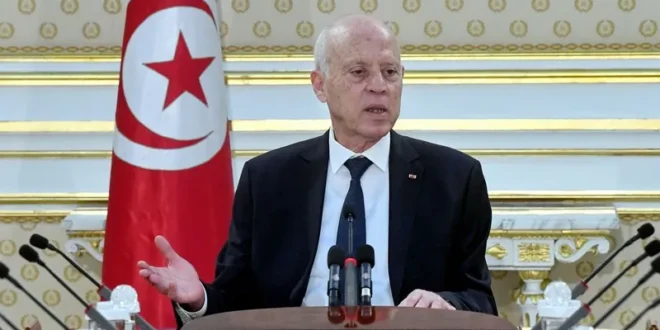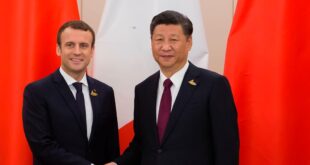muhamad yehia
Tunisia’s increasingly authoritarian leader has scheduled the next presidential election for October without saying whether he will seek a second term after five tumultuous years at the head of the North African nation once seen as a model of democracy for the Arab world.
President Kais Saied set Oct. 6 for the election in a decree issued late Tuesday, according to a statement from the presidency. Saied’s first term ends on Oct. 23.
The election will be voters’ first chance to evaluate Saied’s tenure amid an economic crisis and the drift into authoritarianism.
Saied ran in 2019 on a populist, anti-corruption platform that energized Tunisians disillusioned with party politics and economic stagnation following the Arab Spring pro-democracy protests that in 2011 toppled the country’s longtime dictator.
However, Saied reversed some of Tunisia’s democratic gains, rewriting the constitution to consolidate his power and jailing critics, including from the largest political parties. Analysts expect he will run for a second, five-year term given that the new constitution grants him full powers.
Saied denounced the parliament session as “illegal and illegitimate” and accused the lawmakers who took part of engaging in a “plot” against Tunisian security aimed at seeding societal division. He warned against political violence, threatened organizers with prosecution and announced he was dissolving parliament altogether.
“In these grave, delicate moments, duty and responsibility require us to protect the country from breaking apart,” he said.
Saied has promised a referendum on planned political reforms for July 25 — the anniversary of the day he assumed vast powers — and new legislative elections on Dec. 17.
 موقع وجه أفريقيا موقع وجه أفريقيا هو موقع مهتم بمتابعة التطورات في القارة الأفريقية
موقع وجه أفريقيا موقع وجه أفريقيا هو موقع مهتم بمتابعة التطورات في القارة الأفريقية



